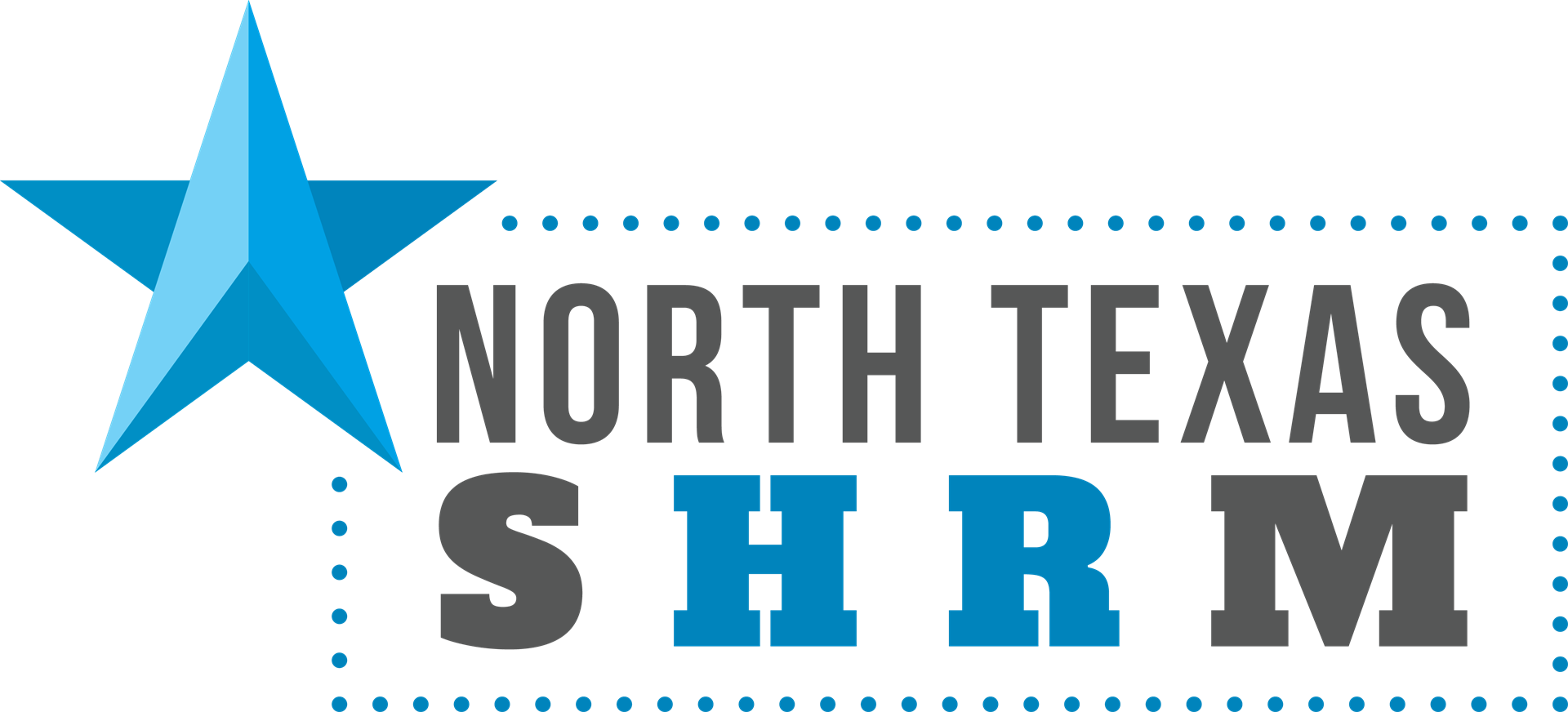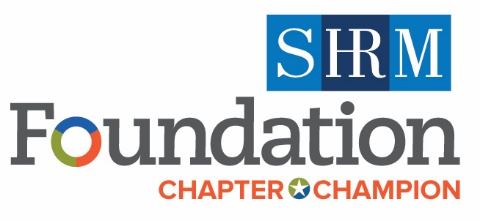Speakers and Presentations |
| John Hagan - Managing Attorney, Hagan Law Group John Hagan is an attorney who is Board Certified in HR law and who has been practicing for 26 years. He is the former president of MCHRA, DallasHR and Collin County HR. He currently serves as a board member for North Texas SHRM and Texoma SHRM. He co-wrote two books on Texas HR law. He provides regular legal updates via email and LinkedIn and so leave him your card if you want to receive them. Presentation Topic: Murder, Sex, Drugs & HR Summary: Attendees will learn about, and how to avoid, personally dangerous situations that have been faced by HR professionals. Attendees will also learn why it is best to fall back on the policies in employee handbooks when addressing stressful and highly emotional employees with HR issues. |
| Mary Nix - Partner, Lynn Pinker Hurst & Schwegmann Mary is a nationally recognized trial lawyer, and handles complex commercial, employment, franchise, non-compete, and trade secret litigation. Her litigation work involves a variety of industries and both publicly traded and privately held companies. Mary is Board Certified in Labor and Employment Law by the Texas Board of Legal Specialization and is locally and nationally recognized for her employment litigation skills. Mary is frequently called upon to assist companies when key employees move between competitors. In her work related to confidential information and trade secret protection, she advocates for clients who need urgent assistance to protect their confidential information, trade secrets and other intellectual property assets. Presentation Topic: Protecting Activity: Avoiding Legal Hazards Summary: The purpose and objectives of the presentation are to educate SHRM members on the concept of protected activity, to provide specific examples of employees engaging in protected activity, and to highlight the legal hazards of retaliating against employees for participating in protected activity. I will define protected activity (actions or expressions by an employee that are legally protected from adverse employment consequences, such as termination, demotion, discipline, or harassment, etc.) I will go through the relevant laws (federal and state laws, such as Title VII of the Civil Rights Act of 1964, the Americans with Disabilities Act, the Family and Medical Leave Act, the National Labor Relations Act, the Occupational Safety and Health Act, the False Claims Act, and the Texas Commission on Human Rights Act or the Texas Labor Code) I will give examples of various and unique actions that can be considered retaliation and explain that retaliatory acts expose employers to liability, damages, and injunctive relief. I will also discuss how common retaliation claims are and how these can be expensive and difficult to defend, as they depend on the facts and circumstances of each case and the employee's perception of the employer's motives. Will explain that the best way to avoid retaliation claims is to prevent retaliation from occurring in the first place, by implementing and enforcing anti-retaliation policies, training managers and supervisors on how to handle protected activity, documenting legitimate business reasons for employment decisions, and communicating with employees in a respectful and transparent manner. |
R.S. "Rob"Ghio - Hagan Law Group Rob has been practicing law for 30 years, but most people say he looks much younger than that. Rob is a native of California and a graduate of Stanford Law School, where he was an Editor of the Stanford Law Review, which also published his Note on the Iran-Contra hearings. He has spent his career focused primarily on employment law, but also has worked regularly on immigration and commercial litigation. He currently is an attorney with Hagan Law Group as well as General Counsel for MRBraz & Associates. Rob is a frequent speaker and writer, and he has been quoted in local, national, and international media. Presentation Topic: Tales of the Bizarre, and What You Can Learn From Them Summary: Some employment lawsuits are stranger than others, involving workplace conduct that is both jaw-dropping and mind-boggling. But these cases shouldn’t always be dismissed just because they are absurd or bizarre. Often, there are lessons hidden the in the mouth of madness. These cases can tell us about the law, employee mindsets, and the importance of resolving conflicts, even those that seem far-fetched. LinkedIn: http://linkedin.com/in/rsghio |
| Shannon Norris - Norris Law Firm, PLLC Shannon Norris has been practicing since 1993 in the areas of employment law, business litigation, trade secrets, civil fraud, and employee benefits. He is a member of the Norris Law Firm, PLLC, 735 Plaza Boulevard, Suite 200, Coppell, Texas 75019. Mr. Norris has been peer-rated as a Super Lawyer and is AV Preeminent Peer Review Rated. He is also a Certified Fraud Examiner and a member of the Association of Certified Fraud Examiners. Presentation Topic: OSHA’s Post-Accident Drug Testing Rule Summary: Employers’ typically have broad discretion when it comes to drug testing, but OSHA has adopted some important limitations for post-accident testing. This discuss will explain the OSHA rule and give practical tips on how to comply. LinkedIn: https://www.linkedin.com/in/sdnorris/ |
This program has been approved for 7 SHRM PDC. North Texas SHRM is recognized by SHRM to offer Professional Development Credits (PDCs) for the SHRM-CP or SHRM-SCP. For more information, visit the SHRM certification website at www.shrmcertification.org. This program has been approved for 7 General recertification credit hours toward aPHR™, aPHRi™, PHR®, PHRca®, SPHR®, GPHR®, PHRi™, or SPHRi™ recertification through HR Certification Institute® (HRCI®). |






.png)
.png)

.png)

